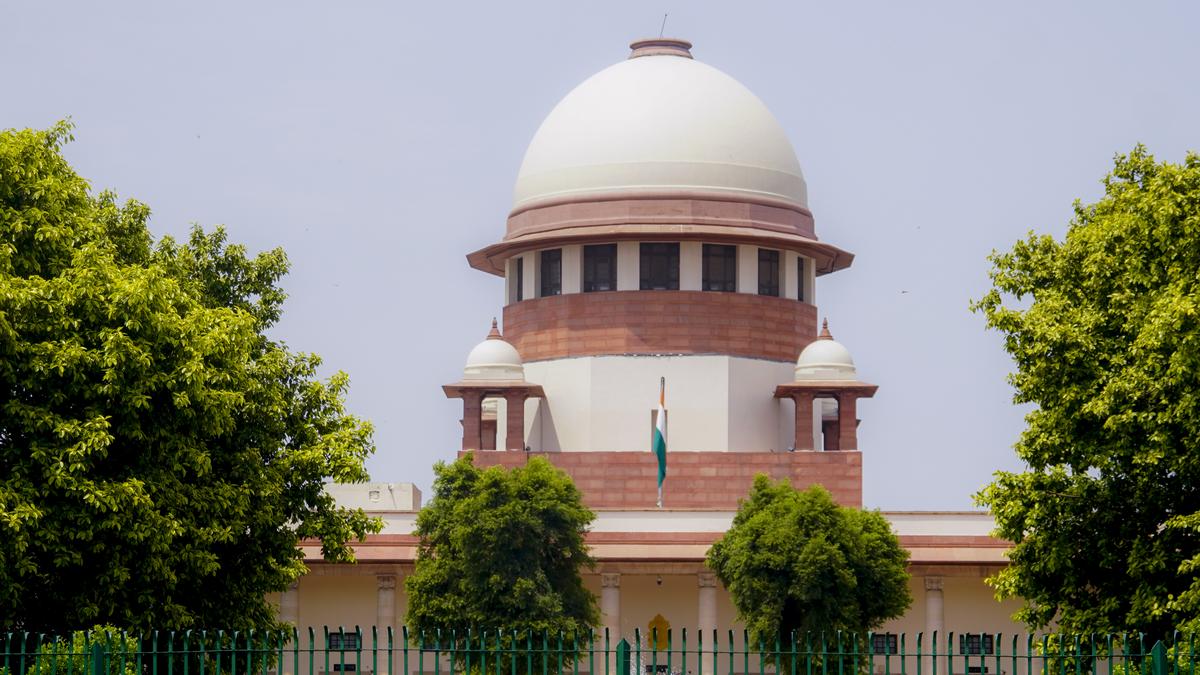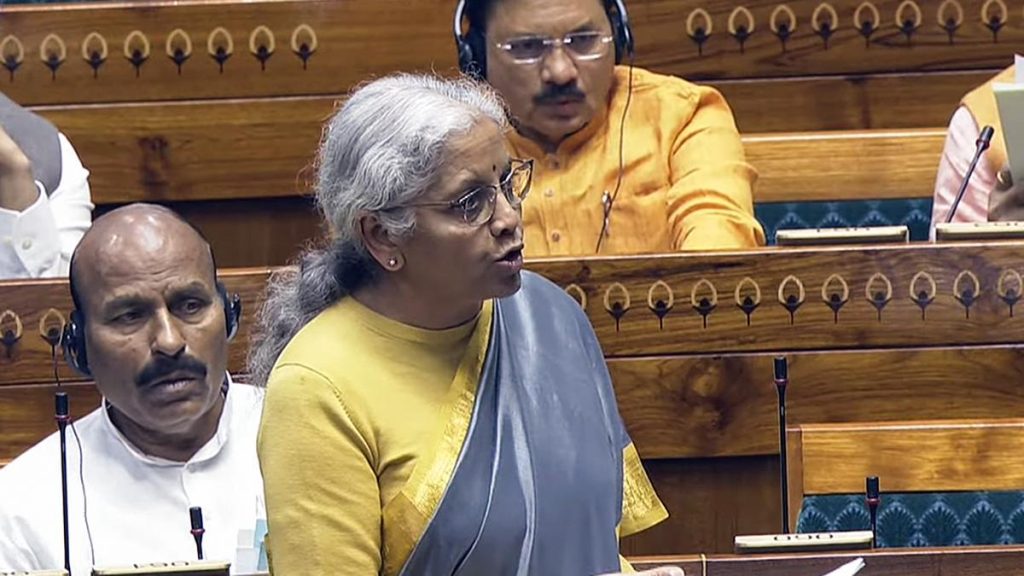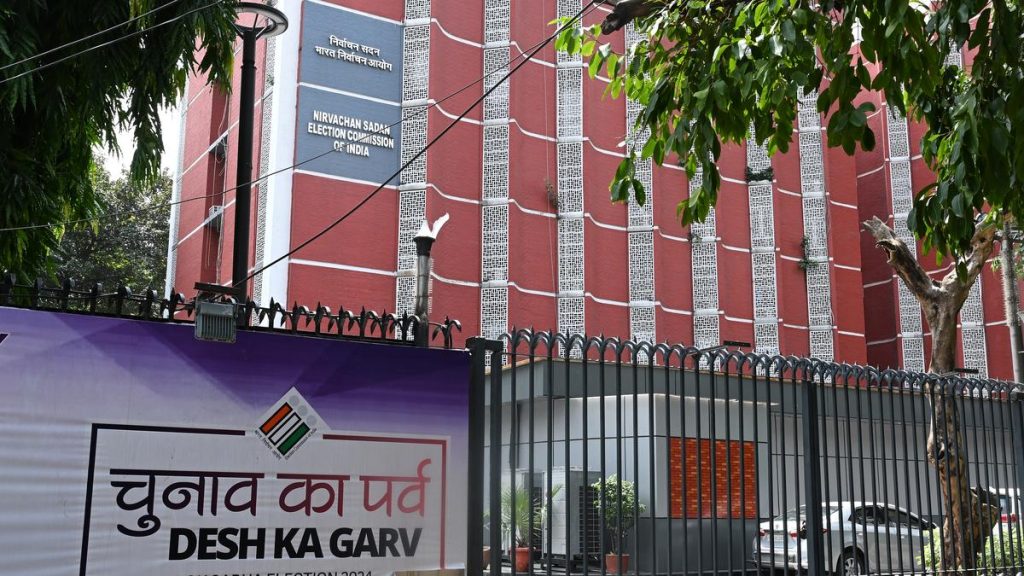Now Reading: Supreme Court to Hear Plea on Haridwar Temple Receiver Appointment August 19
-
01
Supreme Court to Hear Plea on Haridwar Temple Receiver Appointment August 19
Supreme Court to Hear Plea on Haridwar Temple Receiver Appointment August 19

Fast Summary
- the Supreme Court will hear on August 19 a plea filed by Mahant bhawani Nandan Giri, a “sevayat” (priest) of the Maa Chandi Devi temple in Haridwar, challenging an Uttarakhand High Court order.
- The Uttarakhand High Court had directed the Badri Kedar Temple Committee to appoint a receiver to oversee the shrine’s management.
- The petitioner alleges this High Court decision overrides an earlier panel (comprising the DM and SSP of Haridwar),which has been managing temple affairs since 2012 without complaints or evidence of mismanagement.
- Arguments presented by Giri include that:
– There was no specific relief requested for this order in court proceedings.
– he was not given an chance to be heard before this decision was made, which violates principles of natural justice.
- Claims exist that rohit Giri, another priest at the temple and embroiled in legal cases, as well as related accusations against him, were unjustifiably linked to manageability concerns about the temple trust during arguments for his live-in partner’s anticipatory bail hearing.
- The petition also states that allegations regarding “mismanagement” or possible “misappropriation of donations” at the temple are unfounded.
Indian Opinion Analysis
This case highlights critical governance and jurisprudence issues involving religious trusts in India. The dispute underscores tensions between conventional hereditary custodianship practices and attempts at reformist state interventions relying on committees like those supervising prominent temples such as Badri-Kedar. If left unchecked these dual-political escalations measures balancing community pillars overseeing transitions accountable official-respect architectures remain integral emerging frameworks























